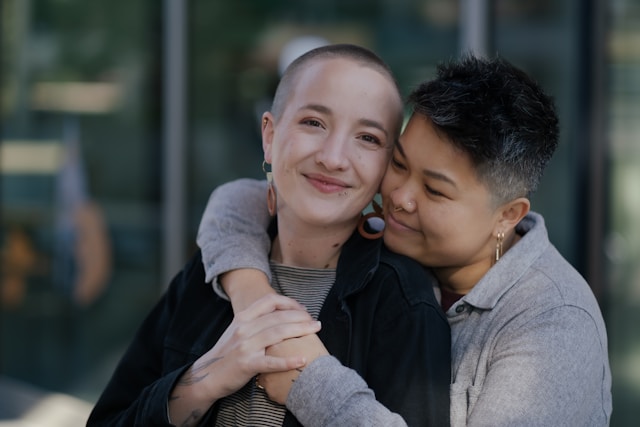As community health workers (CHWs), you play a vital role in supporting and educating our communities about various health issues, including cancer care. This guide aims to provide you with essential information to enhance your understanding of cancer and equip you with strategies to support those affected by it.
Overview of Cancer Care
Cancer is a group of diseases characterized by the uncontrolled growth and spread of abnormal cells. Common types include breast, lung, colorectal, and prostate cancer. Treatments may involve surgery, radiation therapy, chemotherapy, immunotherapy, or targeted therapies. Cancer impacts not only physical health but also emotional and social well-being.
Role of CHWs in Cancer Care Support
As CHWs, you are crucial in:
- Educating communities about cancer prevention and early detection
- Supporting individuals through the cancer care journey
- Assisting with access to cancer care resources and navigating the healthcare system
- Providing emotional support to patients and their families
Cancer Prevention Strategies
Promote these evidence-based methods in your communities:
- Regular cancer screenings (e.g., mammograms, colonoscopies)
- Healthy lifestyle choices: balanced diet, regular exercise, limiting alcohol, and avoiding tobacco
- Vaccination against cancer-causing viruses (e.g., HPV)
- Community support programs for health education and lifestyle changes
Treatment Options
Stay informed about current cancer treatments:
- Surgery: Removal of cancerous tissue
- Radiation therapy: Using high-energy rays to kill cancer cells
- Chemotherapy: Using drugs to destroy cancer cells
- Immunotherapy: Boosting the body’s natural defenses to fight cancer
- Targeted therapy: Drugs that target specific genes or proteins in cancer cells
Address common concerns by providing accurate information and dispelling myths about cancer treatments.
Supporting Vulnerable Populations
Strategies for assisting high-risk and underserved groups:
- Identify barriers to healthcare access (e.g., transportation, language, cultural beliefs)
- Connect individuals with free or low-cost screening programs
- Provide culturally sensitive information and support
- Advocate for equitable access to cancer care services
Health Considerations
Emphasize the importance of:
- Regular health check-ups and cancer screenings
- Recognizing early warning signs of cancer
- Mental health support for cancer patients and survivors
- Nutrition and exercise during and after cancer treatment
Combating Stigma
Guide on addressing cancer-related stigma:
- Educate communities to dispel myths and misconceptions about cancer
- Promote open discussions about cancer to reduce fear and shame
- Encourage support groups and community events for cancer awareness
- Share stories of cancer survivors to inspire hope
Self-care for CHWs
Remember to take care of yourself while supporting others:
- Practice stress-management techniques (e.g., meditation, deep breathing)
- Maintain work-life balance and set boundaries
- Seek support from colleagues and supervisors
- Engage in regular physical activity and maintain a healthy diet
Resources and Further Reading
For additional information, refer to these reputable sources:
- Centers for Disease Control and Prevention (CDC): www.cdc.gov/cancer
- National Cancer Institute (NCI): www.cancer.gov
- American Cancer Society: www.cancer.org
- Illinois Department of Public Health: www.dph.illinois.gov/topics-services/diseases-and-conditions/cancer
As CHWs associated with ILCHWA, your dedication to supporting our communities and promoting health is invaluable. By staying informed about cancer care and utilizing the strategies outlined in this guide, you can make a significant impact in the lives of those affected by cancer. Remember, your role is crucial in addressing cancer care issues and tackling ongoing health challenges in our diverse communities.
